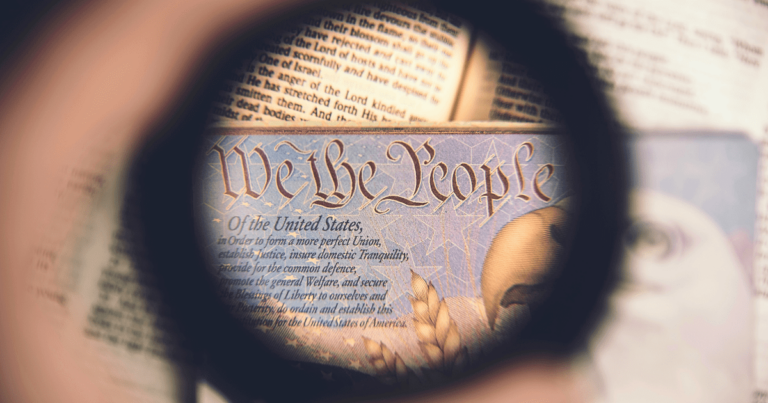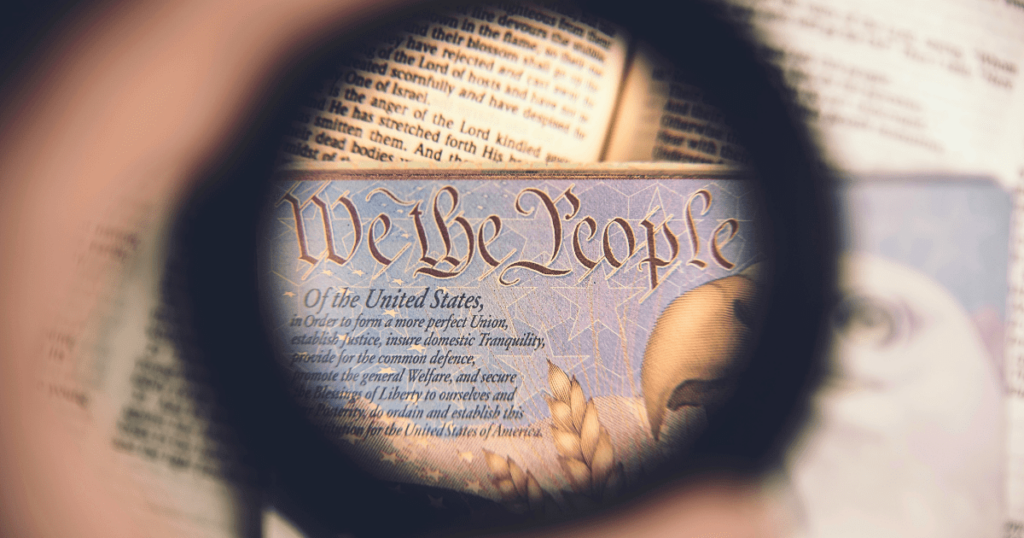There has been a revival among conservatives to improve our functional U.S. Constitutional literacy. It’s only natural when things devolve into disorder and chaos to wonder,
“What happened?”
“How did we get here?”
“Where did we get off course?”.
To answer that question, one would have to learn what the course was and where the course came from before one could assess the deviation from that course. This curiosity to rediscover the “course” is a good thing. The human experience is full of good things, and like all good things, achieving or acquiring them requires of us the same weighty virtues of ownership and discipline that Classical Conversations highlights for students in the Challenge programs.
Thus, before proceeding to the following list, heed this disclaimer:
If you want a “quick fix” for improving your U.S. Constitutional literacy…. this is NOT the list for you.
The U.S. Constitution
When learning about a thing, one should always start with the thing itself. It’s interesting that when you finally meet someone that you have heard much about ahead of time, you can’t ever really unhear those things or unknow them.
For better or for worse, you will (at least initially) always see that new person through the lens of what you heard about them. The same is true of ideas and documents. This is one of the reasons why classical educators are so passionate about reading source texts before we turn to functional summaries or commentaries.
Webster’s Dictionary 1828
Inevitably, you will run into words that are not part of our modern vernacular. Look them up! And look them up in a dictionary that was completed in close chronological proximity to the document itself.
While you are at it, pick up a good biography of Noah Webster for a fascinating window into how unique and essential this dictionary was for the formation of American culture.
The Declaration of Independence
After reading the U.S. Constitution, thoroughly, you might be disappointed. Let me explain. No one gets through reading the rules of Monopoly and says to themselves, “Wow, that was profoundly inspiring!” Rule books, by nature, are quite dry and boring. The point of the rule book is not the rule book itself, but the rules give you the opportunity to play the game! The game of Monopoly is enjoyed by many families for something other than the excitement of the rule book.
They have a “Why”. The U.S. Constitution is merely the rule book. Our “why” is beautifully articulated in The Declaration of Independence. These documents are so intertwined that they ought never to be divorced. The U.S. Constitution is the manifestation, the conduit, and the protection of the truth claims spelled out in The Declaration of Independence.
The Articles of Confederation
It is important to remember that the U.S. Constitution was a “do-over.” It was not the first attempt to make manifest the principles of The Declaration of Independence. However, there was enough unfavorable public sentiment surrounding the Articles and the perception that they had missed the mark to tolerate what was called the second American Revolution.
The way the new form of government was created was literally illegal under the Articles of Confederation.
While this may cause internal conflict for those with warm affection for the rule of law under the U.S. Constitution, it is something worthwhile to wrestle with. It’s important to remember that things haven’t always been the way they are, nor is there any assurance that they will stay this way if the public perception and sentiment wills otherwise.
Notes of Debates in the Federal Convention of 1787
In modern America, there is debate on whether we can possibly know what the Constitutional Convention meant by the words and phrases they used. This question is only tolerated by those who are ignorant of James Madison’s exhaustive notes on every conversation that transpired.
What was included, what wasn’t included, why did they choose the words they chose; all this and much more give us the conversational context to every element debated. The fewer the debates, the more unanimously certain positions were held by the convention.
Federalist and Anti-Federalist Papers
Beyond the internal debate, there was a national debate transpiring as well. The Federalist papers argued for the U.S. Constitution, while the Anti-Federalists opposed ratification. More important than the sides men took are the ideas they unpacked. Often, these papers hospitably acknowledge the weakness of their positions while confessing the limitations of a free society.
By reading these papers, we can do a deep dive into the comparison, circumstance, relationship, and testimony of these ideas.
Discourses Concerning Government – Algernon Sidney
Like people, ideas have family trees and ancestors. While the ideas that shaped the U.S. Constitution are as old as time itself, curious observers over time have done their part to attend to and articulate that which previously lived outside of the body of human discovery.
Algernon Sidney was one of those discoverers. His thoughts ultimately cost him his very life when his own unpublished writing was used against him as a second witness to convict him of treason. Sydney’s writings, though written about 100 years before the American Revolution, were so influential that Thomas Jefferson had this to say about them in a letter to Henry Lee:
“But with respect to our rights, and the acts of the British government contravening those rights, there was but one opinion on this side of the water. All American whigs thought alike on these subjects. When forced, therefore, to resort to arms for redress, an appeal to the tribunal of the world was deemed proper for our justification. This was the object of the Declaration of Independence. Not to find out new principles, or new arguments, never before thought of, not merely to say things which had never been said before; but to place before mankind the common sense of the subject, in terms so plain and firm as to command their assent, and to justify ourselves in the independent stand we are compelled to take. Neither aiming at originality of principle or sentiment, nor yet copied from any particular and previous writing, it was intended to be an expression of the American mind, and to give to that expression the proper tone and spirit called for by the occasion. All its authority rests then on the harmonizing sentiments of the day, whether expressed in conversation, in letters, printed essays, or in the elementary books of public right, as Aristotle, Cicero, Locke, Sidney, &c. The historical documents which you mention as in your possession, ought all to be found, and I am persuaded you will find, to be corroborative of the facts and principles advanced in that Declaration.”
Two Treatises of Government and A Letter Concerning Toleration – John Locke
The other modern author named by Jefferson was John Locke. His Two Treatises was published around the same time that Sydney was alive. These two men were pioneers of ideas such as “just power being derived through the consent of the governed,” which flew in the face of the Divine Rights Theory. So, it is plain to see how The Declaration did not invent any new ideas. The Declaration merely served as an inventory of collective sentiment shaped by the ideas discovered and shared by brave men who gave their lives for the transcendental ideals that are enumerated in our Declaration and consequently informed and transformed our form of government, The U.S. Constitution.
The Bible
It cannot go without saying that the U.S. Constitution is not divinely inspired. Only one text can make that claim. So, when looking at anything else in the created order, we must take into account the authority of Scripture.
We began this conversation considering “the course” or “how things ought to be”. While Scriptures may not explicitly say how humans ought to form a good human state, it does teach us about spheres of authority, the principle of justice, the idea of having multiple witnesses, the image bearing nature of humanity, and other building blocks.
While we may often wish for a cookie-cutter example that we could cut and paste, there is no quick fix for searching out the mysteries of Scripture either. Let us remember Proverbs 25:2, “It is the glory of God to conceal things, but the glory of kings is to search things out.” ESV
It is our joy responsibility to bring everything and every under the dominion of Christ’s authority: to discover, to name, to identify, to compare, to understand, to inform, to discern. It is in this discernment of revelation through scripture and the created order that we, too, can wisely participate in this enduring classical conversation.

Lauren Gideon
Lauren Gideon has been a home educator since her first student was born 18 years ago. In addition to homeschooling her seven children, she co-leads community classes that unpack our nation’s founding documents and civic responsibility. However, she is happiest at home, preferably outside, with her husband of 18 years, tackling their newest adventure of building a modern homestead.




